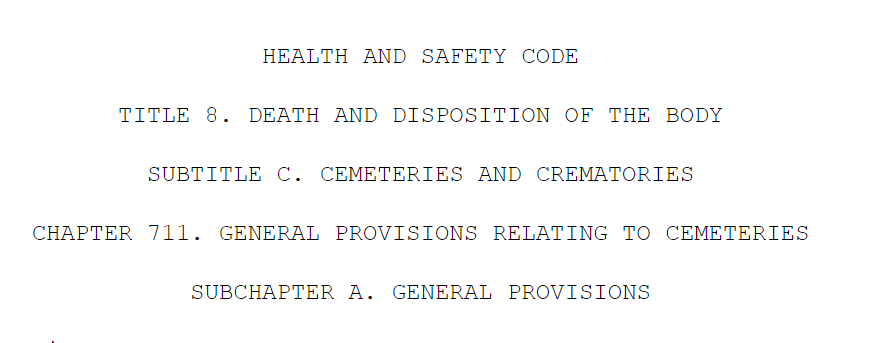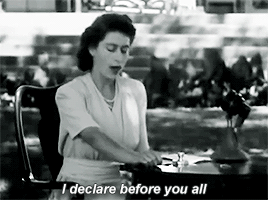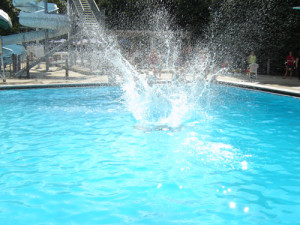 The plaintiff in Kivowitz v. Dorfman sought to “remove his deceased parents’ remains from mausoleum crypts on Hillcrest’s property.” The defendants had a different view; the unfortunate cemetery operators were stuck in the middle. The resulting litigation contributes to the – body – of law about recoverability of attorneys’ fees in declaratory-judgment cases.
The plaintiff in Kivowitz v. Dorfman sought to “remove his deceased parents’ remains from mausoleum crypts on Hillcrest’s property.” The defendants had a different view; the unfortunate cemetery operators were stuck in the middle. The resulting litigation contributes to the – body – of law about recoverability of attorneys’ fees in declaratory-judgment cases.
“Caught between competing demands and mindful of its statutory and contractual obligations,” the cemetery sought a declaratory judgment, and “took no position regarding appropriate disposition of the Decedents’ remains.” The trial court issued a declaratory judgment that the plaintiff was right, and assessed attorneys’ fees of $191,245.25 against the cemetery pursuant to the Declaratory Judgment Act.
The cemetery appealed, noting that the (surprisingly detailed) provisions about the handling of human remains in the Health & Safety Code did not allow for the recovery of fees. The Fifth Court agreed and reversed, citing primarily MBM Fin. Corp. v. Woodlands Operating Co., 292 S.W.3d 660, 669 (Tex. 2009) (“[A] party cannot use the [Declaratory Judgments] Act as a vehicle to obtain otherwise impermissible attorney’s fees.”). Put another way, the plaintiff did not urn a fee award by his suit.




